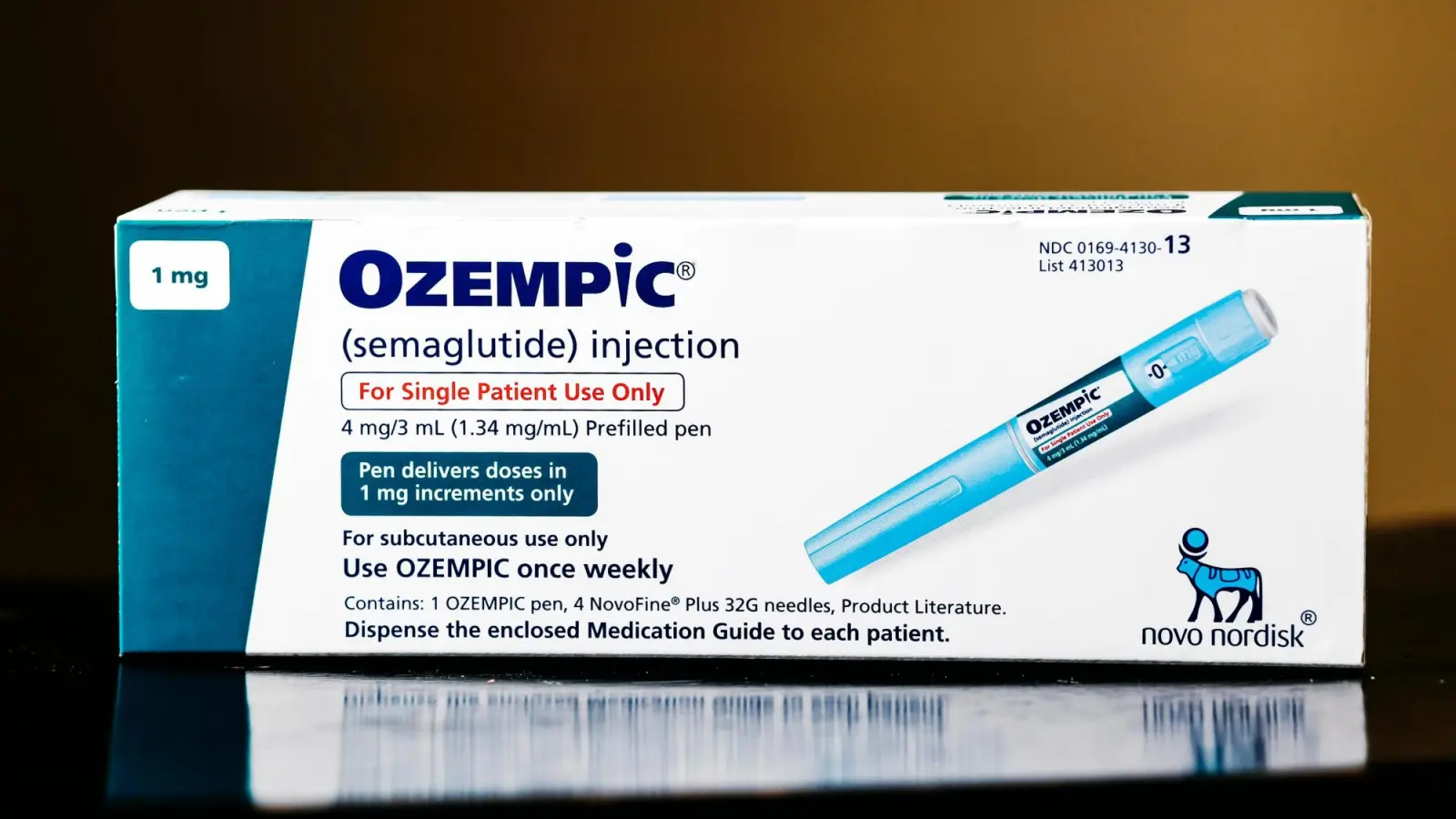- You have no items in your shopping cart
- Continue Shopping

Naomi Kresge Dementia Viagra, Dementia is one of the most challenging and pervasive medical conditions of our time. It affects millions of people worldwide and has profound impacts on families, caregivers, and healthcare systems. As researchers and medical professionals continue to explore potential treatments, many wonder whether drugs initially developed for unrelated medical conditions could provide new hope for those with dementia. One of the most interesting stories in this regard involves Naomi Kresge, a noted researcher whose work has examined unexpected connections in medical treatments. Among the most surprising of these links is the use of Viagra, a drug commonly associated with erectile dysfunction, in the treatment of dementia. This article will explore the science behind dementia, the role of Viagra in treatment research, and the contributions of Naomi Kresge to this evolving field.
Understanding Dementia
Dementia is an umbrella term that covers a range of cognitive impairments, including Alzheimer’s disease, which is the most common form. Dementia is characterized by a decline in memory, reasoning, and other cognitive functions, which interferes with daily activities and social interactions. The symptoms can include memory loss, difficulty with problem-solving, confusion, and changes in mood and behavior. Alzheimer’s disease, a progressive form of dementia, is particularly troubling as it eventually leads to total dependence on caregivers and, in many cases, premature death.
Current Treatment Landscape for Dementia
There is currently no cure for dementia, and treatment options primarily focus on managing symptoms and slowing disease progression. The most commonly prescribed medications for Alzheimer’s include cholinesterase inhibitors, such as Donepezil (Aricept), and glutamate regulators, like Memantine (Namenda). These drugs work by altering neurotransmitter levels in the brain, but their effects are often modest and temporary.
In recent years, researchers have turned to alternative therapies and existing medications developed for other conditions to see if they might have benefits for dementia patients. One such drug is Viagra, which has generated significant interest in the dementia research community due to its potential neuroprotective properties.
Viagra and Dementia: An Unlikely Connection
Viagra, whose active ingredient is sildenafil, was originally developed to treat erectile dysfunction by increasing blood flow to the genital area. However, over the years, researchers have discovered that Viagra has effects on the brain as well. Studies have suggested that sildenafil may help promote brain health by increasing blood flow to the areas of the brain most affected by dementia. One of the mechanisms proposed is that sildenafil helps improve endothelial function, leading to enhanced blood flow in the brain. This could have implications for cognitive function, particularly in conditions like Alzheimer’s disease, where vascular health is often compromised.
The idea that a drug meant to treat erectile dysfunction could also be effective in treating dementia sounds far-fetched, but scientific research has shown promising results. A 2014 study published in Cell Reports found that sildenafil improved memory function in mice with Alzheimer’s disease. Following this study, further clinical trials have explored whether Viagra could help delay the progression of cognitive decline in humans. Though results have been mixed, early indications suggest that sildenafil may have potential as part of a broader treatment strategy for dementia.
Naomi Kresge and Her Contributions to Dementia Research
Naomi Kresge is an important figure in the field of dementia research, particularly in the study of unconventional therapies and treatments. Her work often focuses on exploring how existing medications for other health conditions might be repurposed to treat or alleviate the symptoms of dementia. Kresge has been involved in numerous studies that examine the role of sildenafil (Viagra) in brain health, seeking to understand the exact mechanisms that make this drug potentially useful for patients with Alzheimer’s disease and other forms of dementia.
Her research into Viagra’s neuroprotective properties is one example of how innovation can arise from unexpected places. While her work is still ongoing, Kresge has contributed to the growing body of evidence suggesting that sildenafil could improve blood flow to the brain and, in turn, help prevent or slow the progression of dementia. While more extensive clinical trials are necessary to fully understand Viagra’s effectiveness in dementia care, Kresge’s work has helped spark a new area of exploration in the fight against neurodegenerative diseases.
The Role of Blood Flow in Dementia
One of the key reasons why Viagra is being studied in relation to dementia is its ability to improve vascular health. Researchers have long known that poor blood flow to the brain can contribute to cognitive decline. Conditions such as vascular dementia, which results from impaired blood flow to the brain, highlight the importance of vascular health in maintaining cognitive function.
Sildenafil, by increasing nitric oxide levels and enhancing blood vessel dilation, has been shown to improve blood flow in other parts of the body. This raises the intriguing possibility that it could have a similar effect on the brain. In theory, improving blood circulation to the areas of the brain most affected by Alzheimer’s could help protect brain cells from damage and even promote the growth of new neural connections.
Potential Benefits and Risks
As with any medical treatment, the potential benefits of using Viagra for dementia must be weighed against the risks. Sildenafil is a well-tolerated drug for many patients, but it is not without its side effects. Common side effects include headaches, dizziness, and gastrointestinal discomfort. In rare cases, sildenafil can cause more serious side effects, including changes in vision or hearing. Additionally, because sildenafil affects blood pressure and circulation, it may not be suitable for individuals with certain cardiovascular conditions.
For these reasons, it is important for researchers and healthcare providers to carefully assess the risks and benefits of using Viagra as a treatment for dementia. Clinical trials are ongoing, and only time will tell whether sildenafil can become a mainstream treatment option for dementia patients.
The Future of Dementia Treatment
While the use of Viagra for dementia is still in the experimental stages, it highlights the growing interest in repurposing existing medications for new uses. This approach is not only more cost-effective but also speeds up the process of finding new treatments for complex conditions like dementia. Researchers are increasingly looking at the potential of other drugs, such as antidepressants, antipsychotics, and even anti-cancer medications, to treat Alzheimer’s and related diseases.
Naomi Kresge’s work, alongside the efforts of other researchers, holds promise for the future of dementia care. By challenging traditional ideas about treatment and exploring unexpected avenues, these scientists are helping to redefine what is possible in the fight against Alzheimer’s and other neurodegenerative diseases.
Conclusion
The intersection of dementia research, Viagra, and the work of Naomi Kresge offers a glimpse into the future of medical science, where innovative approaches to treatment can potentially transform the way we understand and manage complex diseases. While there is still much research to be done, the idea that a drug like Viagra could help improve brain health in dementia patients is an exciting possibility. As we continue to learn more about the connections between vascular health, cognitive function, and existing medications, there is hope that new treatments for dementia will emerge, providing patients and families with better options and improved quality of life.




